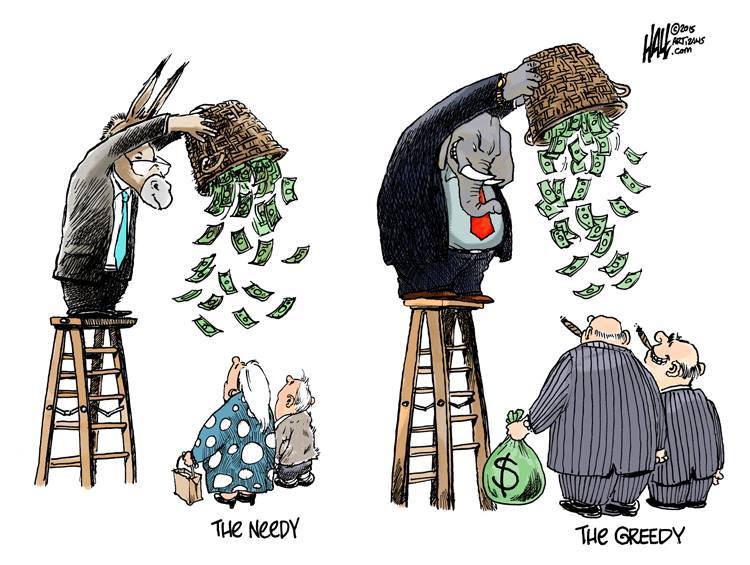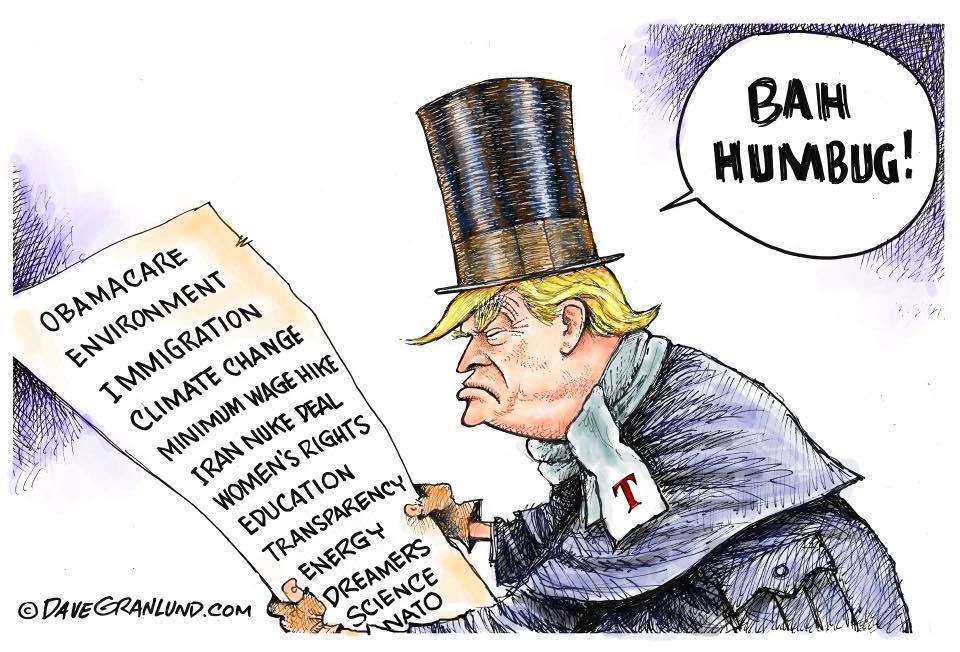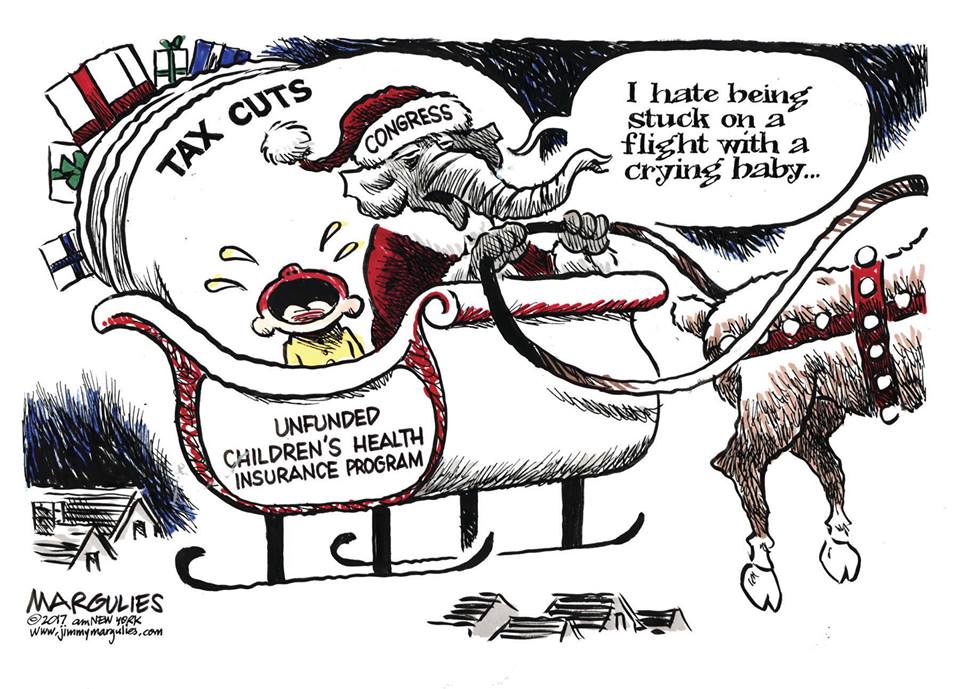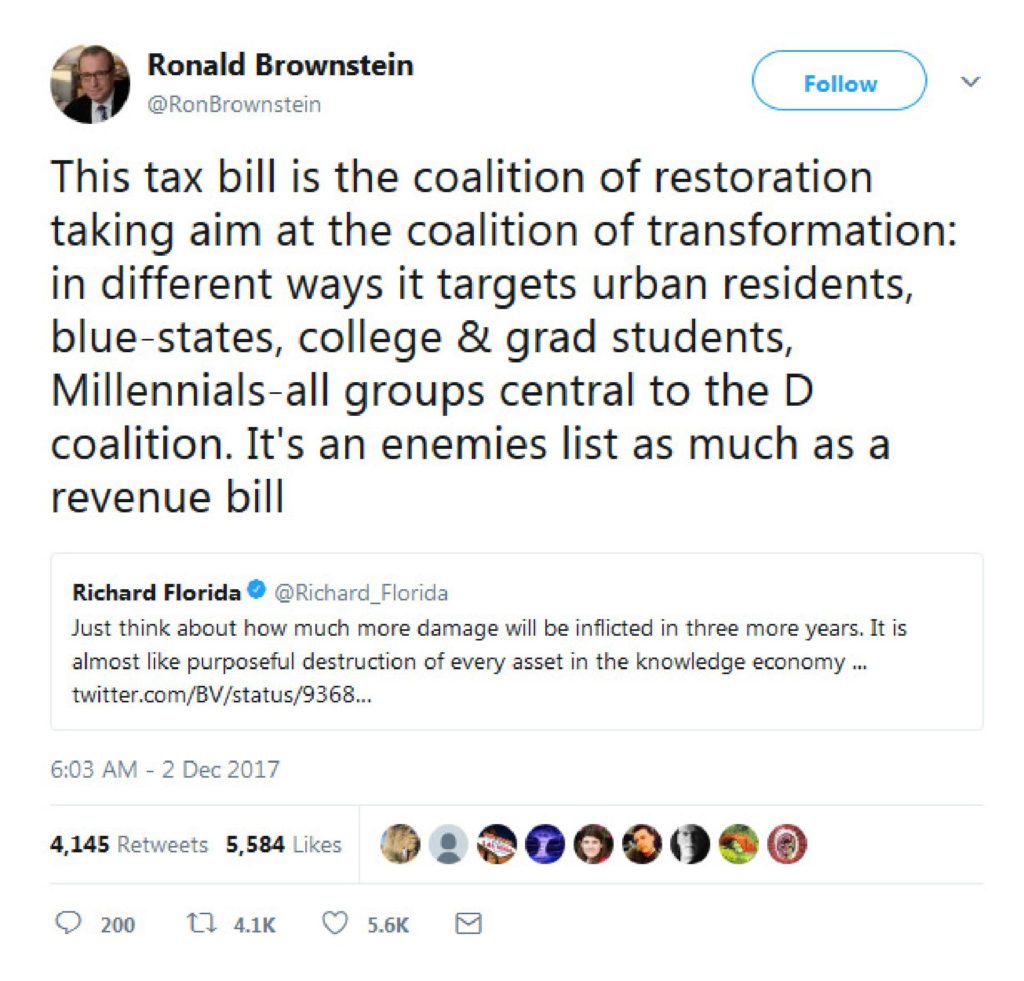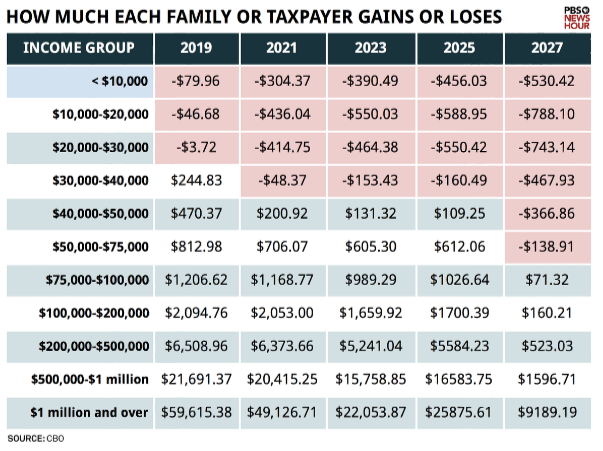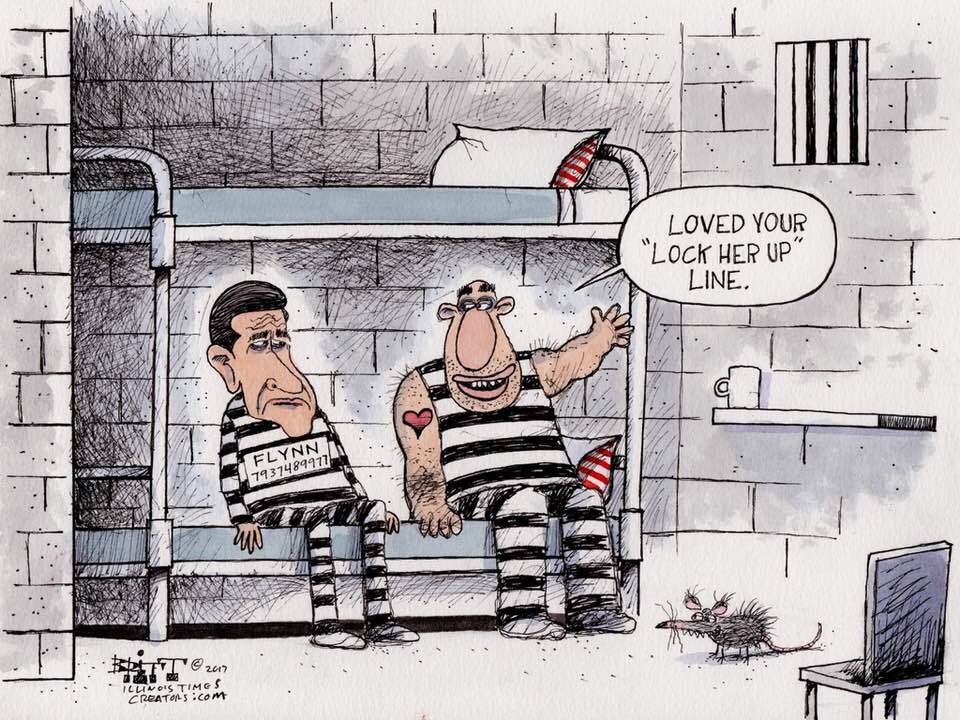The Daily Escape:

Skye Peak, Killington VT – December 2017 photo by wsquared1
Wrongo is Vice-Chair of his town’s roads committee. Just like America, our small town has an infrastructure problem; we have let our roads deteriorate through years of underfunding. It’s a small town, and most of our roads are paved, but today, like most of America, our roads grade out at “D”. That compares to the American Society of Civil Engineers’ grade of “D+” for all of America’s infrastructure. Using foam composites on these roads would be a great way to improve the infrastructure.
The federal expenditure to make things right is on the order of $4 Trillion, or 100% of the 2018 federal budget of $4.095 Trillion. About $2 Trillion of that is currently unfunded. Our town is in a smaller boat. We just received a consultant’s report saying that to bring our roads up to an “A” grade would take a one-time expense equal to roughly 45% of the town’s annual budget.
Today we started preparation for the January town council meeting that will address funding of our roads. The fundamental challenge is that we will have to double our spending on roads just to maintain our current “D” rating.
This deferred maintenance is the result of years of underfunding, years of making decisions that directed money to the most obvious projects and programs. Politicians get elected on fiscal responsibility, and then take the shortest-term possible view of what to fund in the budget process.
Accountability is elusive, even when the same pols are on the scene year after year.
The town council’s first question will be: What will this investment get us? Will more people choose to buy/build a home in our town? Will businesses think we are a better location for their next store, shop or factory? And will those decisions add to our tax revenues? Will our roads be safer?
Assuming the answer to question one is positive and persuasive, the council’s second question will be: What parts of our existing budget do we cut in order to fund this need?
This is the crux of America’s problem today.
Government at all levels refuses to raise taxes or other forms of revenue. On the town level, we have little desire to cut expenses for our schools, or our town management. In fact, the pressure is always to increase those budgets.
Turning the desirable into the possible is politically challenging, even though at the Federal level, deficit spending is the rule, not the exception. At the local level, it is always the exception. Our town has a credit rating of AA+, so we have the ability to use bond financing in this historically low rate environment, just like the federal government can and does.
The challenge is how to get the town’s people on the same page, how to convince them that it is smart to finance a long-term asset (like a reconstructed road) with a long-term liability (like a bond).
We call assets like our roads part of the commons: Assets that are not owned by an individual, but by the group, such as the town. The roads are a community resource belonging to all of us, which must be actively maintained and managed for the good of all.
A prime principle is that infrastructure investment be directed to the projects where the return for the economy is the greatest. We should rebuild roads and bridges where we will see a boost to the economy, or as required to maintain citizen safety.
Nobody wins if the commons are allowed to erode. Nobody wins if the commons are appropriated by private ownership.
Funding the commons is one of the greatest challenges facing America. Beware the “public-private partnerships” that the GOP currently has on offer for us.
They lead to absentee ownership, and to skimming part of our tax revenues for a corporation far from home.
Absentee ownership leads to poorer maintenance, and fewer repairs.
And to a lower quality of life for the rest of us.


